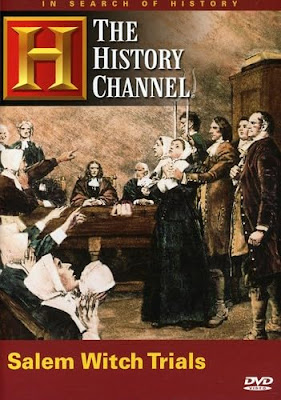“Rather, they cling to the dogma imposed by the long post-Enlightenment hegemony over the Western intellectual outlook, which can be summarized briefly as follows: that there exists an external world, whose properties are independent of any individual human being and indeed of humanity as a whole; that these properties are encoded in ‘eternal’ physical laws; and that human beings can obtain reliable, albeit imperfect and tentative, knowledge of these laws by hewing to the ‘objective’ procedures and epistemological strictures prescribed by the (so-called) scientific method.”
Disclosure: I lack training in the natural sciences (but, then, so do most postmodernists)
Postmodern ideas have now gained a foothold in the humanities and social sciences. For example, these views seem to be particularly popular among professors of
literature and
philosophy. Many of them argue that all truth is both relative and subjective – a doctrine known as
“relativism.” Some of them have even argued that
morality is relative, to either the individual or the broader culture – a better subject for two other posts. (To be released later on.) Postmodernists are also
skeptical of what they call
“meta-narratives,” or grand narratives about the larger world. And, in the context of the
natural sciences, they believe that the
natural sciences support their
relativist view of things. They believe that
mathematics and
physics both deny the possibility of a true knowledge of nature. They cite a number of
math and
science ideas (four in particular) to support these strange interpretations. But it seems that they have grossly misunderstood these ideas, which do not actually make the claims that the postmodernists attribute to them. Thus, it might be helpful to set the record straight, and show what the
sciences actually say about
relative truth and the
theory of knowledge. I should acknowledge that, like my current targets, I admittedly lack training in the
natural sciences or
higher mathematics myself. I freely admit this up-front. But, then, most of my postmodern targets seem to lack training in these subjects, too – virtually all of them, it seems. Thus, any criticisms on this score would have to go both ways, if true fairness is to be observed.

Jean Baudrillard, postmodern philosopher and sociologist









